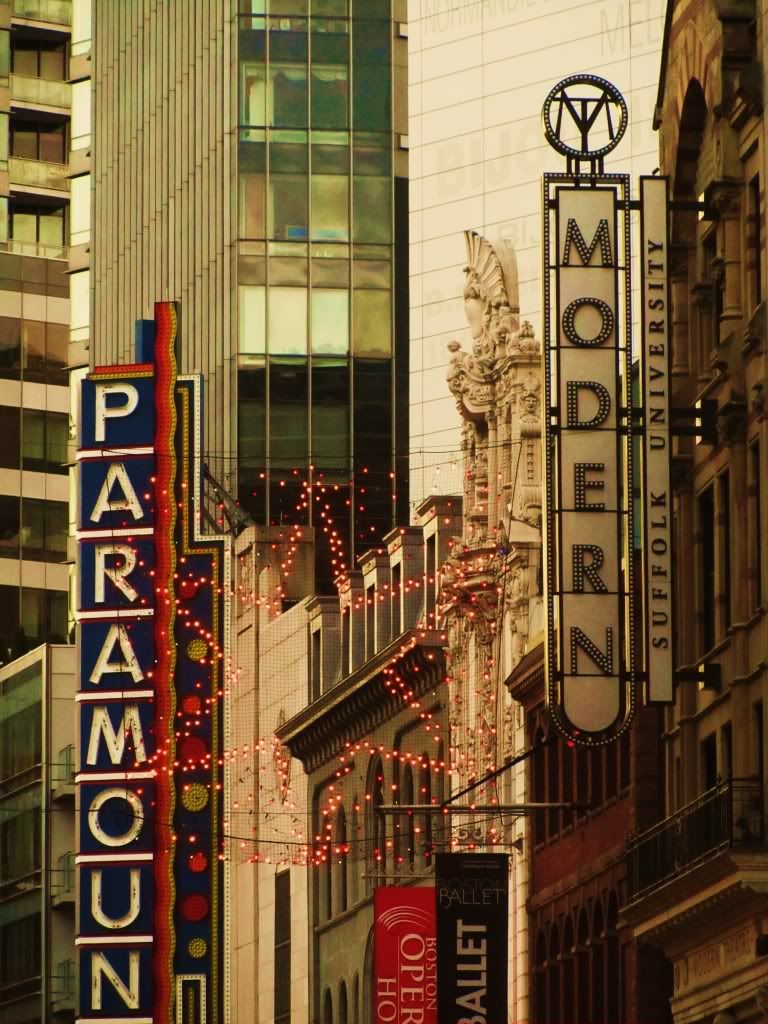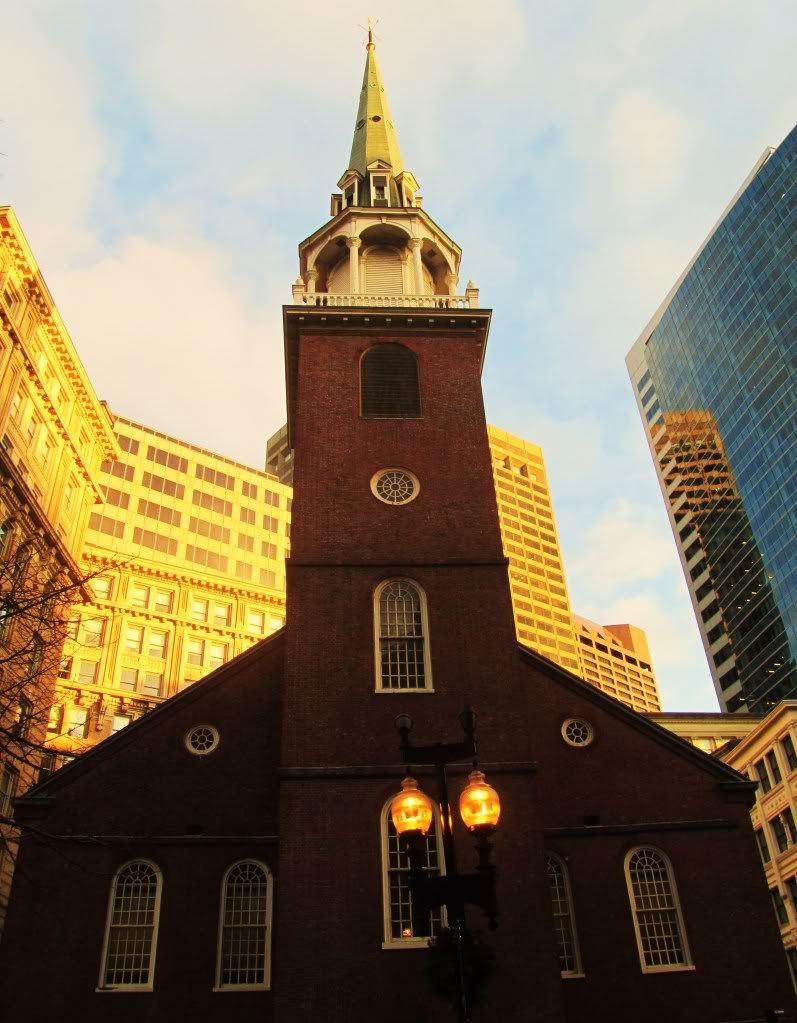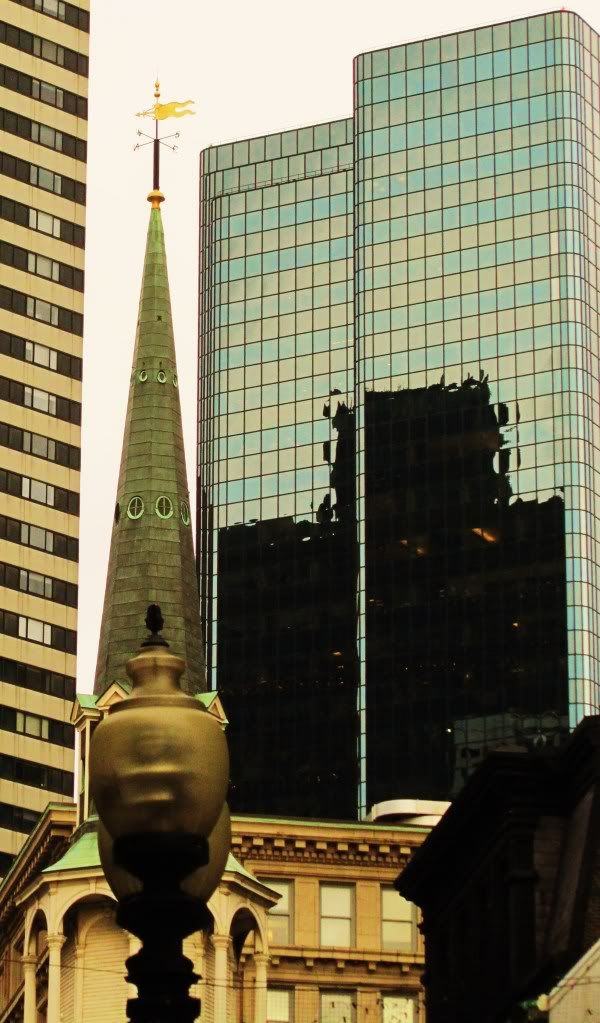Real Estate Editor - Boston Business Journal
Downtown Crossing is about to lose its only record store, making it the second high-profile shop to shutter in the shopping district this year.
F.Y.E. at 411 Washington St. is planning to close at the end of January, according to a store employee. With the loss of its only Boston store, the Albany, N.Y., national chain will have eight Bay State stores, including shops in Natick and Burlington.
Rosemarie Sansone, president of the Downtown Boston Business Improvement District, said F.Y.E. had been talking about closing for a while. “Perhaps the record business is not what it used to be,” she said.
John Sullivan, CFO of Trans World Entertainment .Trans World Entertainment Latest from The Business Journals Music store's closing brings more woe to Dowtown CrossingTrans World names new CFOTrans World names new CFO Follow this company ., F.Y.E.’s parent company, could not be reached for comment. The store’s landlord, David Pogorelc, chairman of Core Investments .Core Investments Latest from The Business Journals Music store's closing brings more woe to Dowtown CrossingAround the Region: April 26, 2011Duke City drawing apartment investor interest nationwide Follow this company .was unavailable for comment. The Boston firm bought the seven-story property in June for $2.95 million from the Adam Levy Trust established by the late Morris Levy, former president of Roulette Records, one of the nation’s largest independent music companies.
Last summer, the 40-year-old Borders chain, which was sunk by crushing debt, the explosion of e-commerce and e-books, and declining DVD and CD sales, filed for Chapter 11 bankruptcy and closed its store at Washington and School streets. At the time, Borders said was losing $2 million a day at the stores it planned to close. Michael Murphy, executive director of The Clarendon Group which manages the former Borders site, said he expects a deal to be signed for the 40,000-square-foot-space by next fall with one tenant on each floor. He said there has been lots of interest from potential tenants such as restaurants and other retailers. “We don’t have a deal yet, but we expect to have that space filled by the third quarter fof 2012,” he said.
In 2006, Barnes & Noble .Barnes & Noble Latest from The Business Journals Music store's closing brings more woe to Dowtown CrossingAuto dealer leading push to revitalize Nashville's Hickory Hollow areaReport: Google plans to sell mobile tablet Follow this company .abandoned Downtown Crossing. That still-empty storefront sits across Washington Street from the hole in the ground where the Filene’s redevelopment project has been stalled since 2008.



